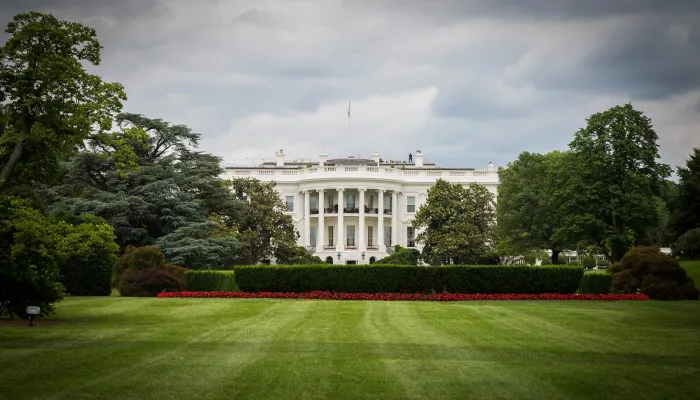Maya MacGuineas: How House Republicans Could Attract Bipartisan Support on Entitlement Savings
Maya MacGuineas, president of the Committee for a Responsible Federal Budget and head of the Campaign to Fix the Debt, wrote a commentary that appeared in the Wall Street Journal Washington Wire. It is reposted here.
Many conservative House Republicans are pushing for entitlement savings in the budget—in particular, $30 billion in cuts to offset the $30 billion in discretionary spending increases beyond the sequester levels that passed last year. Paying for the sequester changes doesn’t really make sense since we did so at the time (albeit with plenty of gimmicks). But given that the national debt is at record levels and that we have already raised some taxes and cut discretionary spending, entitlement savings is the logical next step.
House Budget Committee Chairman Tom Price has prioritized savings in mandatory spending programs because they are a major contributor to the unsustainable U.S. debt. This makes sense, but it’s highly unlikely that the specific changes that have been included will materialize. Regardless of the relative merits of the proposals, the mandatory savings Republicans included are largely focused on cuts in means-tested programs and other Democratic priorities. These will not get bipartisan support and would almost certainly face a veto if they did make it to the president’s desk. Moreover, they fail to focus on the largest drivers of the debt.
A better strategy would be to create a package of more viable and better-targeted savings. Republicans could build a credible package by using policies from the president’s budget.
For instance, they could swap some of their existing proposals for savings from competitive bidding for Medicare Advantage plans, increasing income-related premiums, and reducing Medicare costs for bad-debt reimbursement and post-acute care. This would go a long way toward gaining bipartisan support while achieving substantial savings from Medicare, which is a major factor in debt growth. A full package of mandatory savings of $30 billion over two years, and roughly $300 billion over 10 years, could be drawn from policies in the budget the president proposed last month. It would do more to improve our fiscal future and would have a real shot at passage. Such a plan would be crafted not merely to make a political point but also to spur action.
"My Views" are works published by members of the Committee for a Responsible Federal Budget, but they do not necessarily reflect the views of all members of the committee.


